Applied Data Science with Python
August 13, 2024 2025-08-14 19:21Applied Data Science with Python




Data Science with Python Course | NASSCOM Certified Training India

Master Python Programming for Data Science & Analytics
Why Join Applied Data Science with Python ?
High Demand
Versatility and Practical Application
Competitive Edge and Innovation
Problem-Solving and Critical Thinking
Upcoming Batch:-
7th September 2025
14th September 2025
Applied Data Science with Python Overview
This program is designed to equip students with the fundamentals required in data science, as it has become one of the most promising fields nowadays. Learning Python programming helps to learn how data can be manipulated, analysed, and visualised using the same program. Knowing the statistics, you can use it to see how things stack up, what inferences you could derive from them, and base your decisions on data as opposed to gut. From there, the curriculum reaches out to machine learning and deep learning so that students can equip intelligent systems capable of predicting from data. About the course, This extensive program caters to prospective data scientists, analysts, and machine learning engineers in exploring their abilities and assisting them derive meaningful information from diverse datasets.
ENROLL NOW & BOOK YOUR SEAT AT FLAT 50% WAIVER ON FEE
Batch Schedule
| Batch | Batch Type |
|---|---|
| Online Live Instructor Led Session | Full-Time |
| Online Live Instructor Led Session | Part-Time |
Regional Timings
| Region | Time |
|---|---|
| IST (India Standard Time) | 09:00 PM – 12:00 AM |
| Bahrain, Qatar, Kuwait, Saudi Arabia | 06:30 PM – 09:30 PM |
| UAE / Oman | 07:30 PM – 09:00 PM |
Talk to our Corporate training advisor
Applied Data Science with Python Objectives
This course assures students that they will be competent in Python programming including Deep Learning, Machine Learning, and Statistics. Firstly, this will start with Python Programming where the student must learn how to write codes effectively as well as become conversant with libraries and frameworks for data analysis as well as scientific computing. The statistical segment of this program will also help them learn more about data distribution, probability theory, hypothesis testing, and regression analysis on which to base their factual decision-making. They should be ready now to understand machine learning such as supervised and unsupervised learning methods; model evaluation; and feature engineering so that they can build predictive models to identify patterns within complex datasets. This is followed by deep learning in neural networks such as convolutional or recurrent neural networks and their applications in image recognition and speech recognition among others. By the end of the course, the learners are expected to implement a Data Science project from scratch until it is designed according to contemporary practices thus converting raw information into action-oriented results.
Why Learn Applied Data Science with Python?
Master Essential Tools
Build Predictive Models
Unlock Data Potential
Enhance Communication
Advance Your Career
Drive Innovation
Advantages of Applied Data Science with Python Program
AI & ML Certification Program Certification
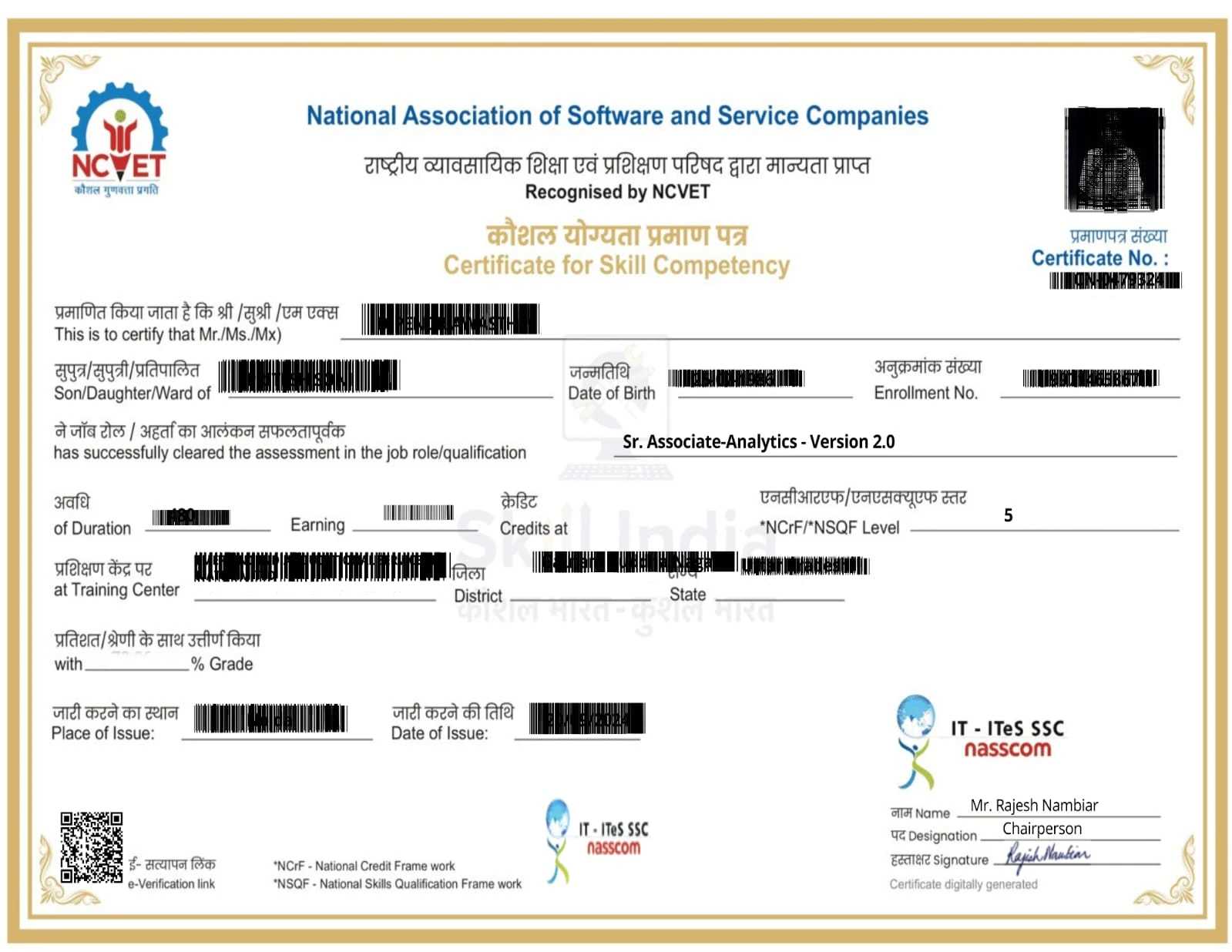

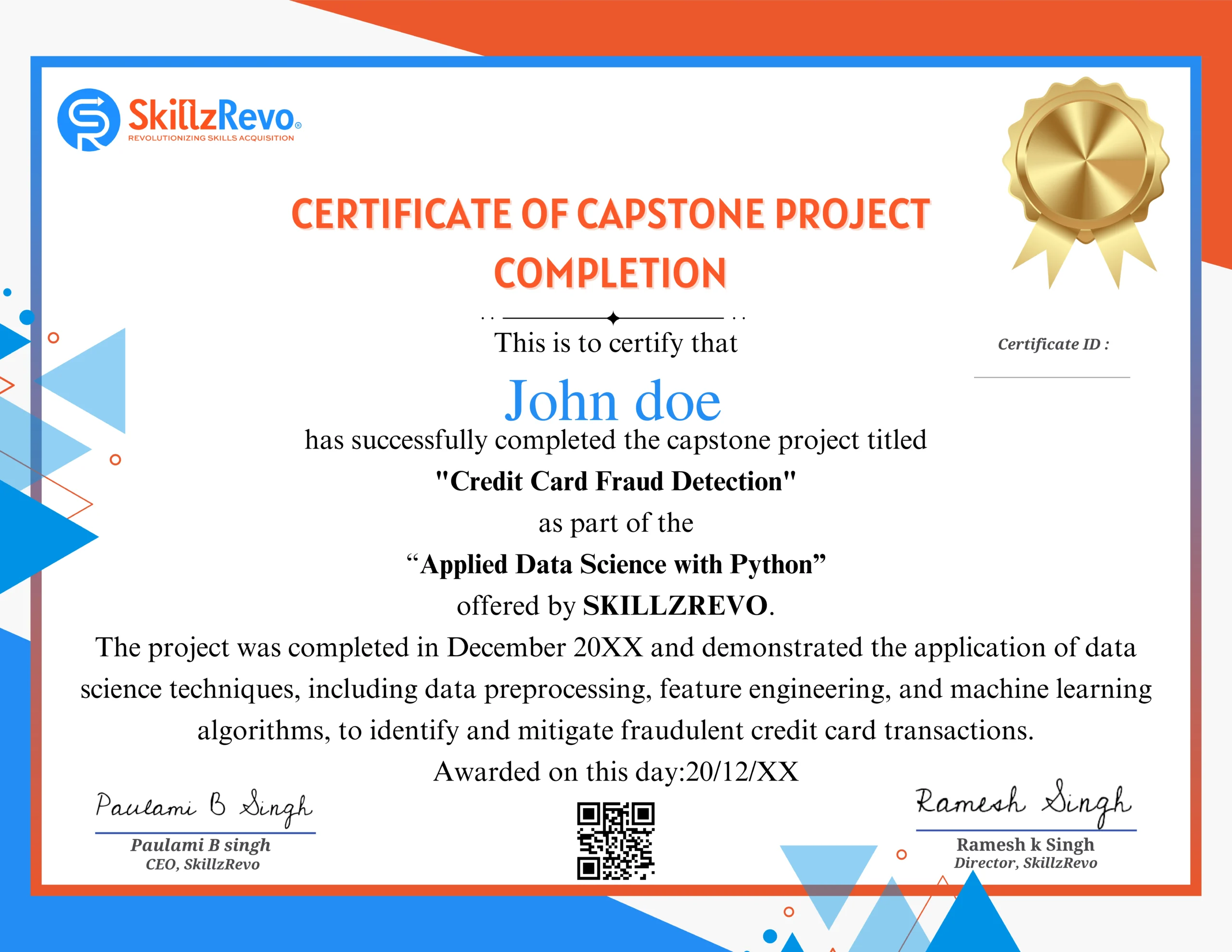
Applied Data Science with Python Learning Path/Curriculum
Lecture 00: Orientation (Introduction to Data Science, Scope of Data Science)
Lecture 01: Introduction to Python, Why Python, Variables, Data Types, Type Casting, Strings, Indexing
Lecture 02: Operators and Conditional Statements, Looping Statements and it's Control Statementg
Lecture 03: Data Structures - Set and Dictionaries
Lecture 04: Data Structures - List, Tuple and List Comprehensions
Lecture 05: Lambda Functions, *args, **kwargs, Functions
Lecture 06: Classes, Objects and Constructors, Inheritance
Lecture 07: Polymorphism, Abstraction and Encapsulation
Lecture 08: Connecting to Databases, Establishing connections to databases, Executing SQL Queries, ORM (Object-Relational Mapping), Working with NoSQL Databases
Lecture 09: Introduction of Numpy, and Pandas
Lecture 10: Introduction of Seaborn and Matplotlib
Lecture 11: Introduction to Statistics, Descriptive Statistics, Sample, Population, Major of Central Tendency, Standard Deviation,
Lecture 12: Variance, Range, IQR, Outliers, Correlation, Covariance Skewness, Kurtosis, Probability
Lecture 13: Probability, Probability distributions, Central Limit Theorem, Binomial and Poisson Distribution
Lecture 14: Normal Distribution, Type I & Type II Error
Lecture 15: T-test, Z-test, Hypothesis, Testing Interview Questions
Lecture 16: Introduction to ML, Types of variables, Encoding, Normalization, Standardization, Types of ML, Linear Regression
Lecture 17: Linear Regression, Logistic Regression, SVM, KNN, Naïve Bayes, Decision Tree, Random Forest
Lecture 18: Mean Absolute Error, Mean and Root Mean Square Error, Confusion Matrix, R2 Score, Adjusted R2 Score,F1 Score
Lecture 19: Classification Report, AUC ROC, Accuracy, Ensemble Techniques, Random Forest, Xgboost
Lecture 20: Unsupervised Machine Learning, PCA, Clustering, k-Means Clustering and Hierarchical clustering
Lecture 21: Introduction to Neural Network, Foreward Propagation, Activation Function
Lecture 22: Activation Function(Linear, Sigmoid, Relu, Leaky Relu), Optimizers, Gradient Descent, Stochastics Gradient Descent
Lecture 23: Mini batch Gradient Descent, Adagrad, Padding, Pooling, Convolution, Checkpoints and Neural Networks Implementation
Lecture 24: Introduction to Time Series Analysis, Various components of the TSA, Decomposition Method (Additive Method and Multiplicative)
Lecture 25: ARMA and ARIMA
Applied Data Science with Python Skills Covered
Applied Data Science with Python Program Benefits













Applied Data Science with Python Program Benefits
Innovative Problem-Solving
Future Of Your Career
Real-world Applications
Breadth of Skills
Innovative Problem-Solving
Earn Certification
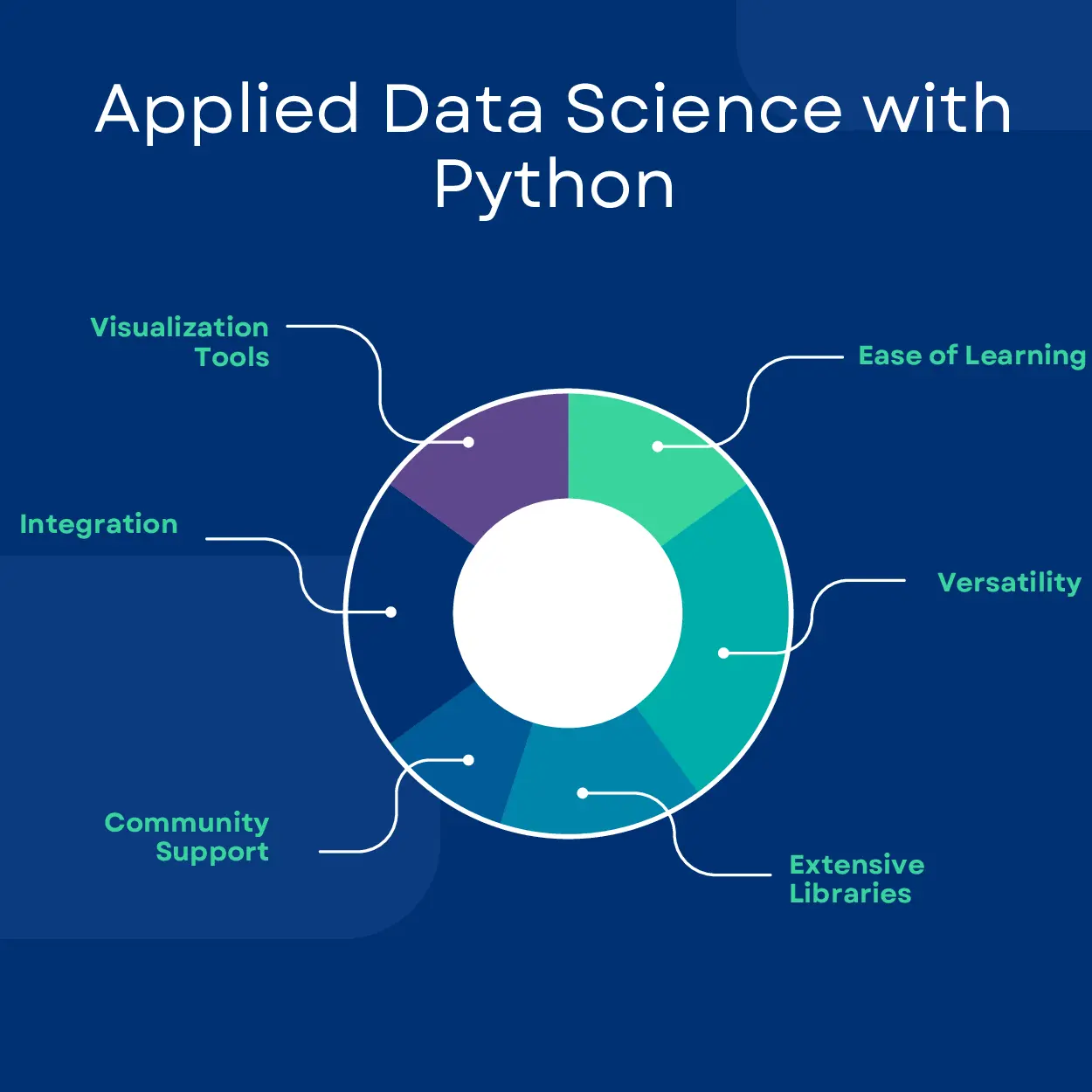
Career Opportunities after this course
-
Data Analyst
-
Data Scientist
-
Statistician
-
Machine Learning Engineer
-
Deep Learning Engineer
-
Python Developer
-
Research Analyst

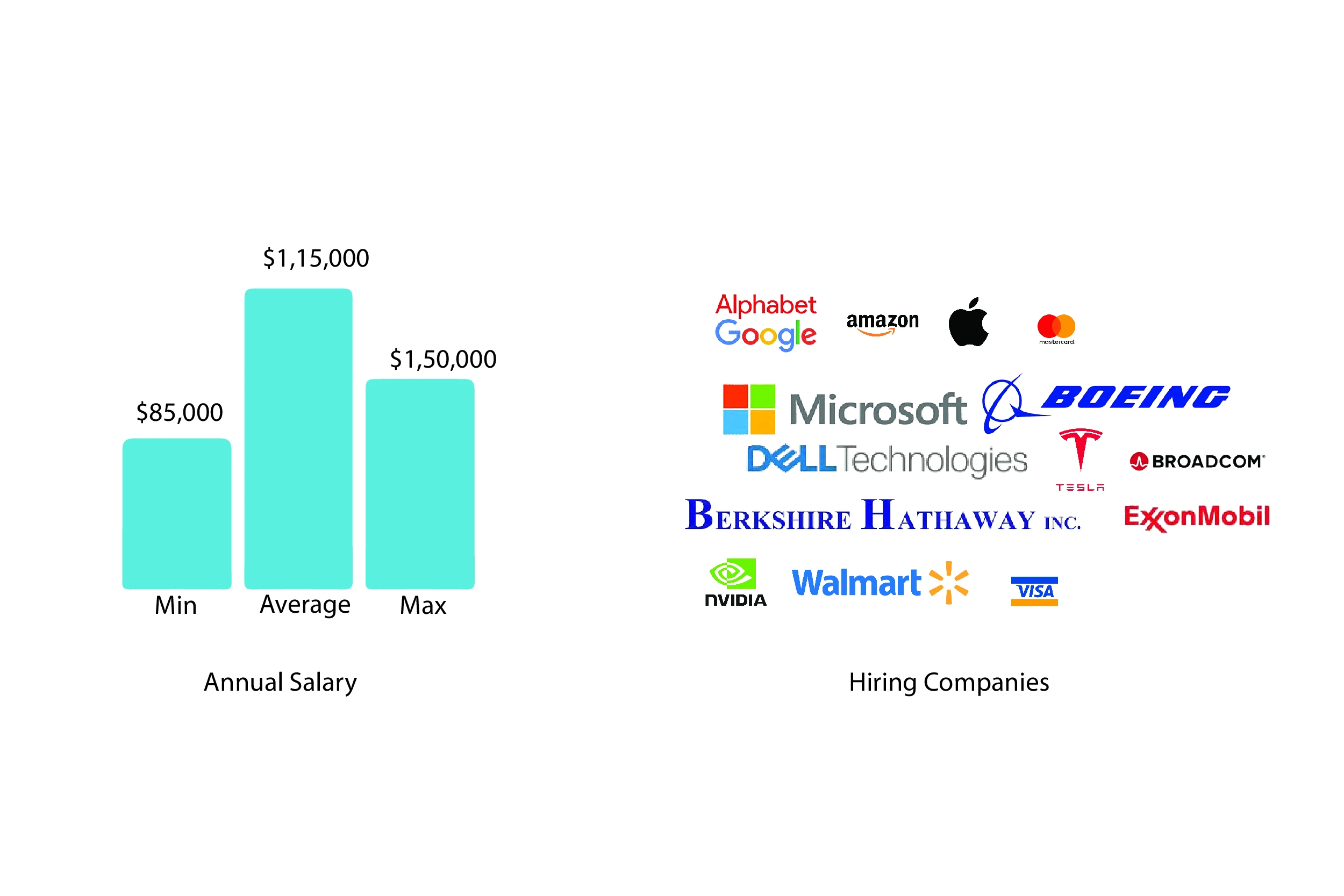
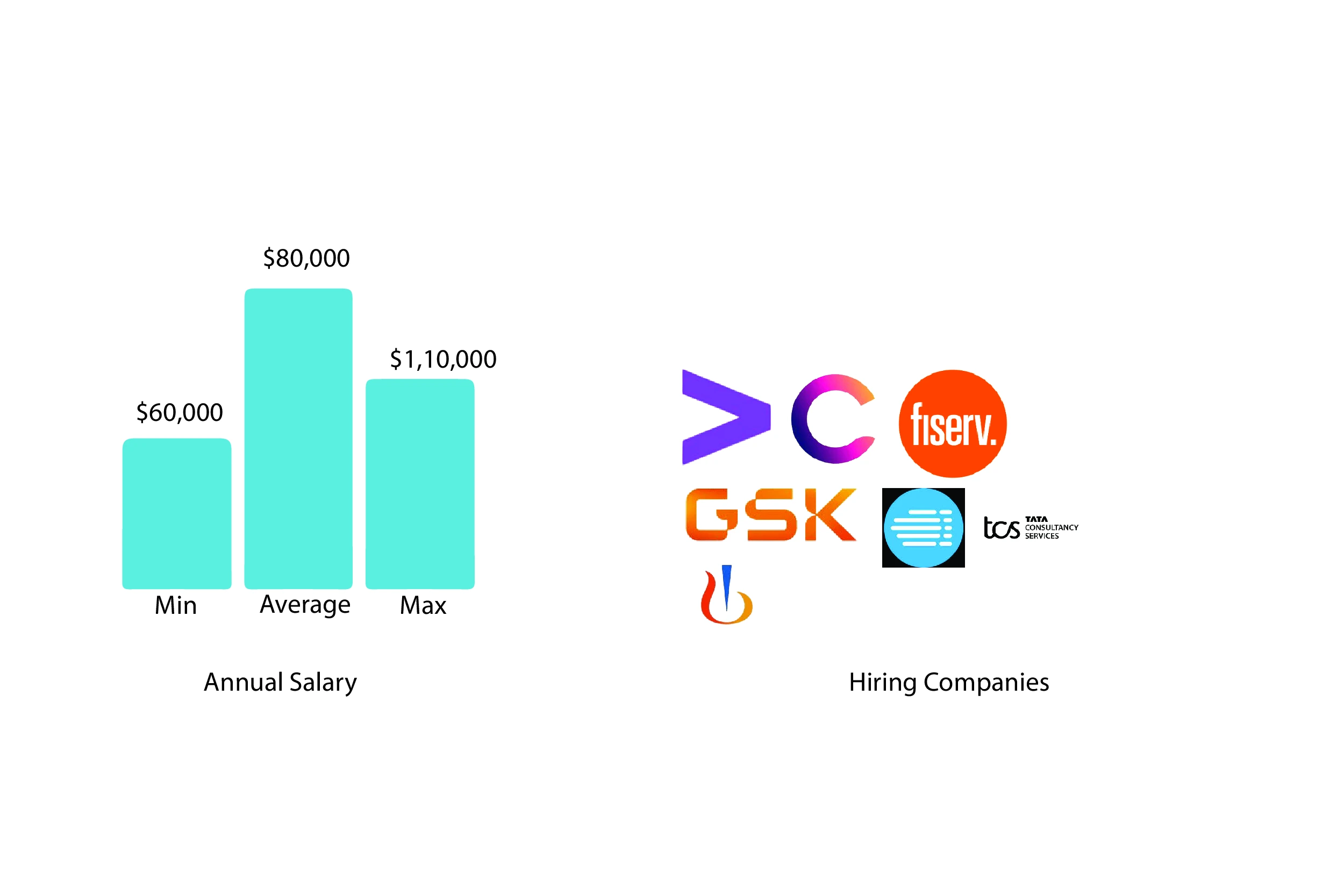
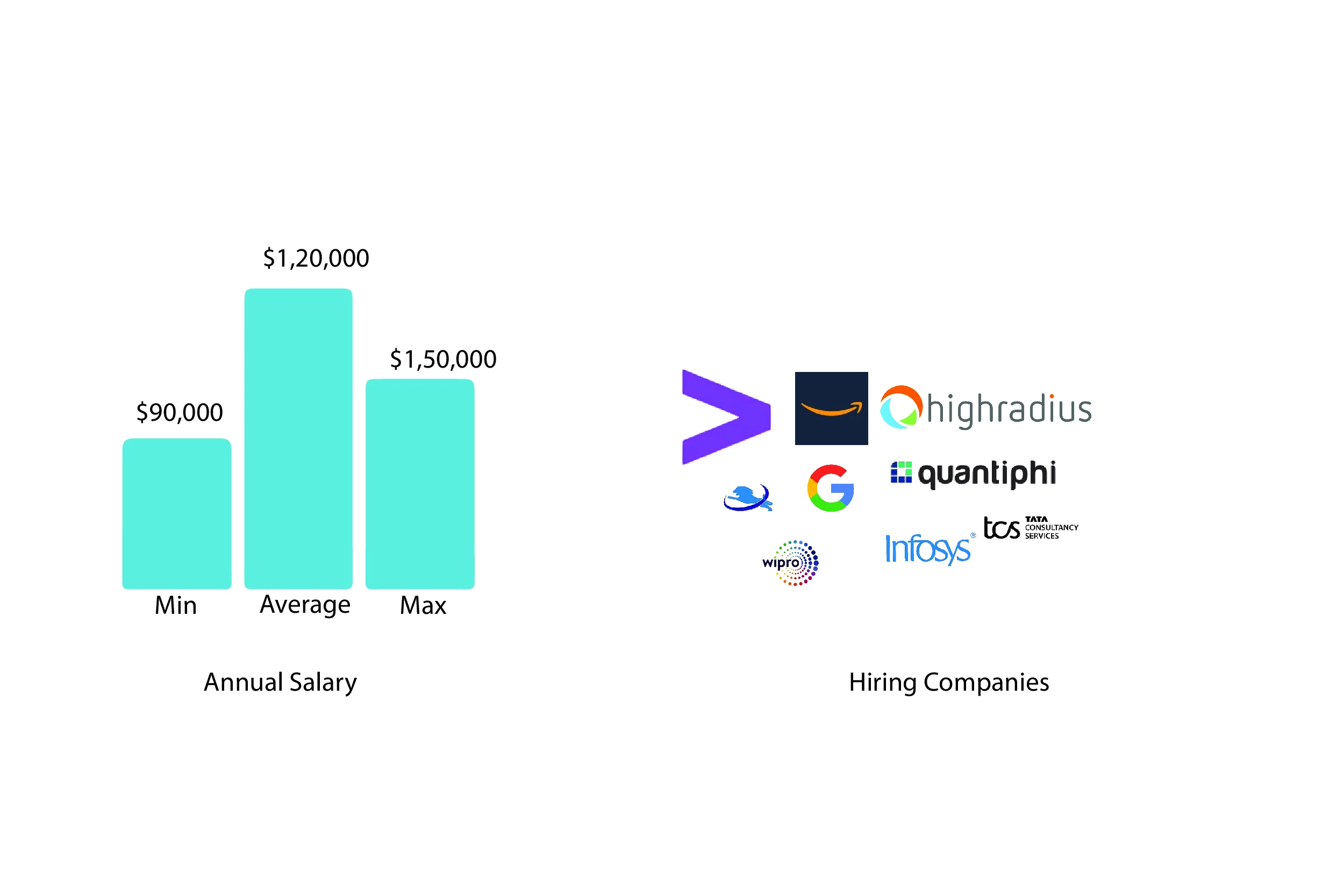
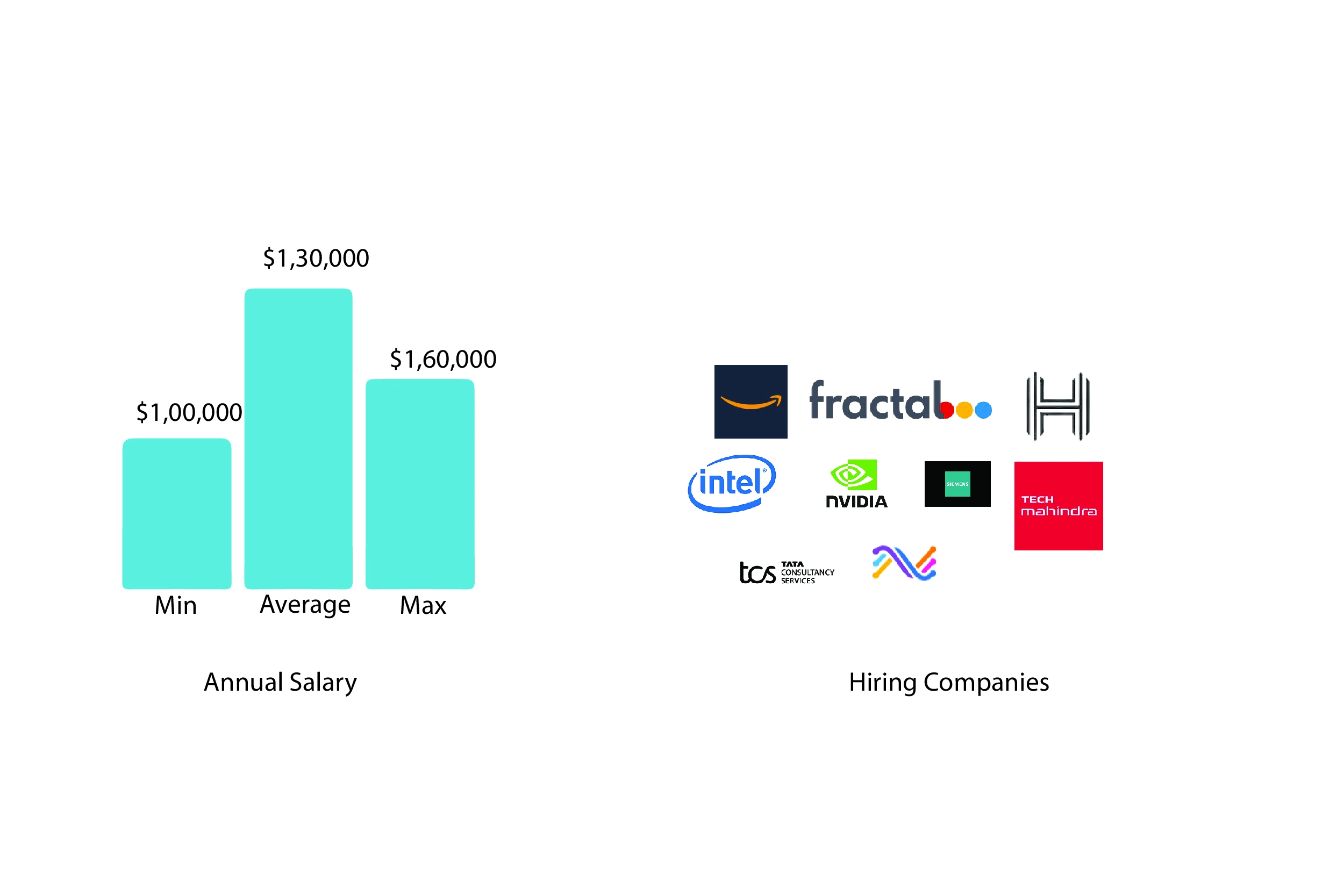
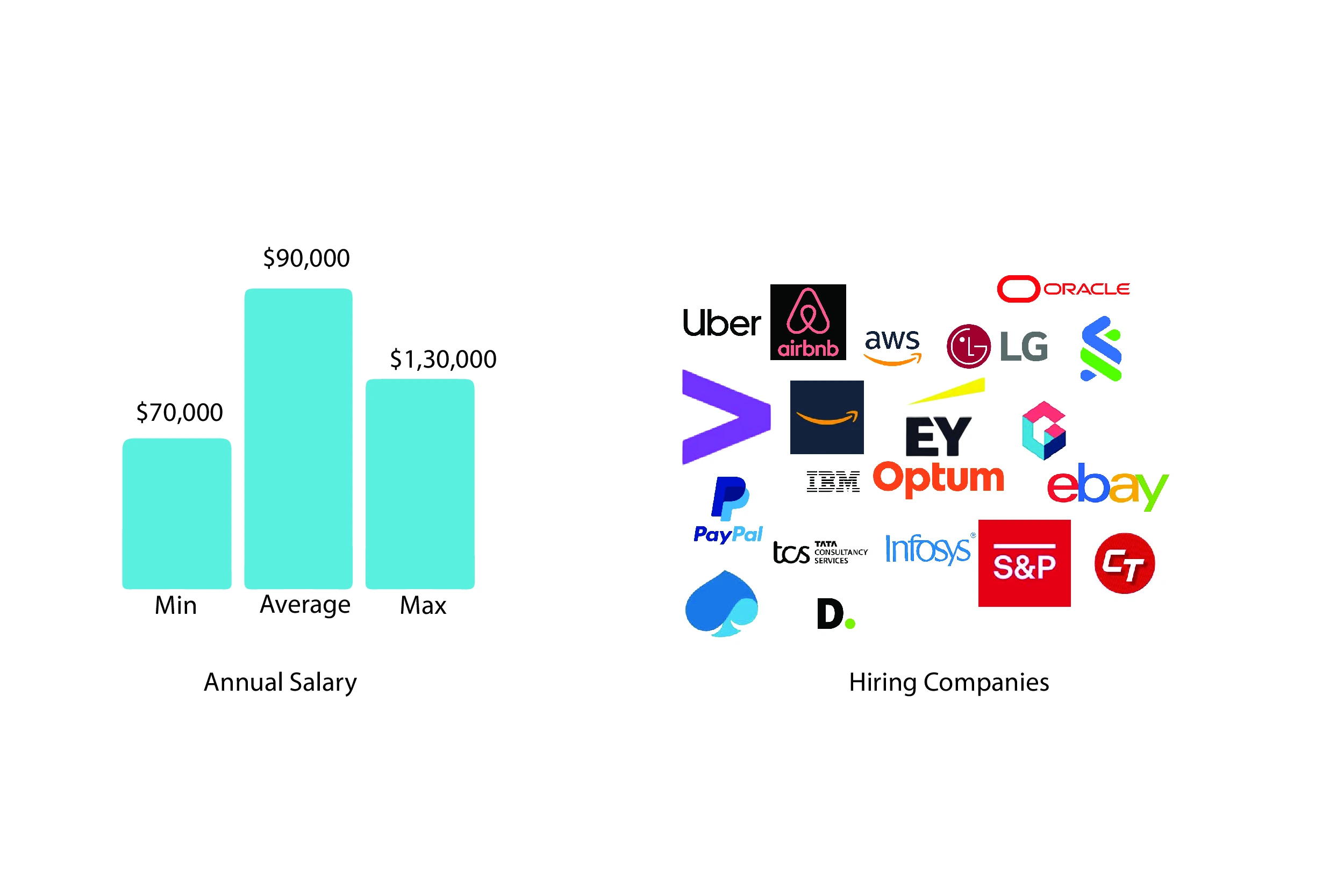
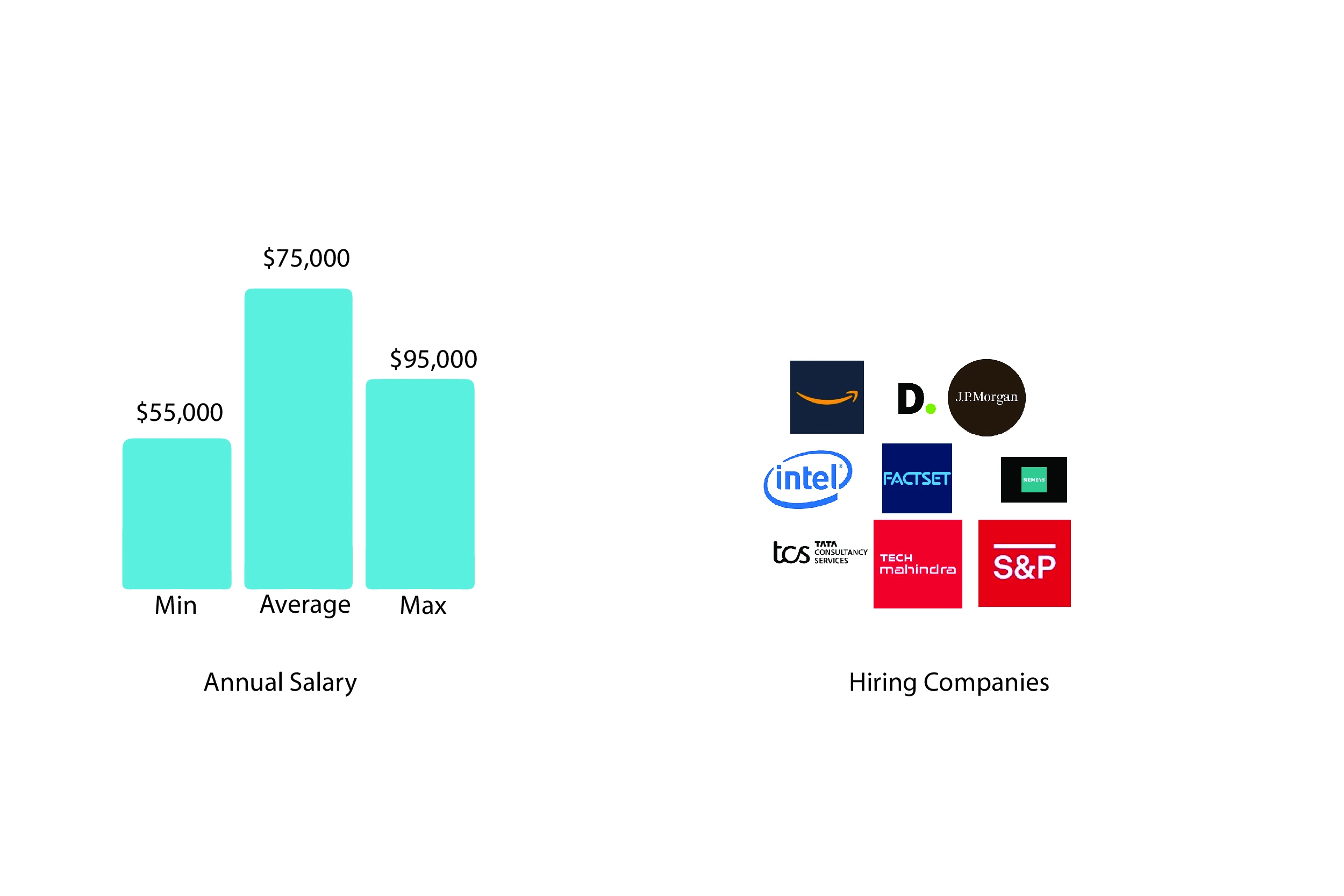
Projects that you will Work On
Practice Essential Tools
Designed By Industry Experts
Get Real-world Experience
Job Obligation after this course
We can apply for jobs in
Companies Hiring for this course

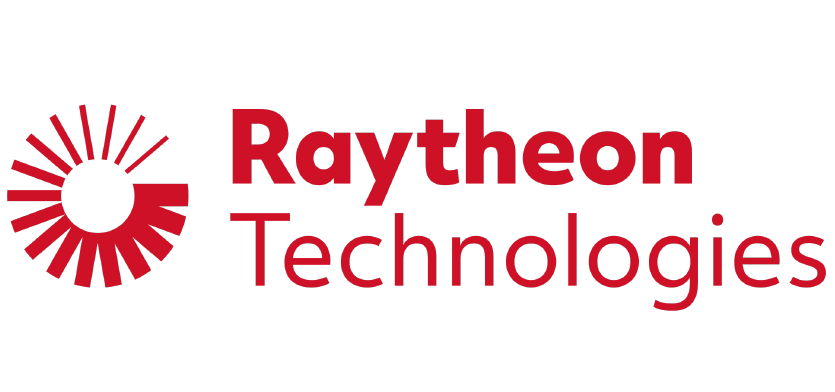
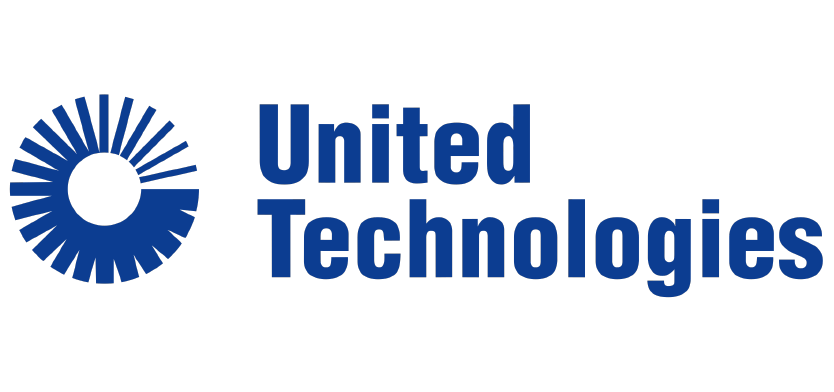


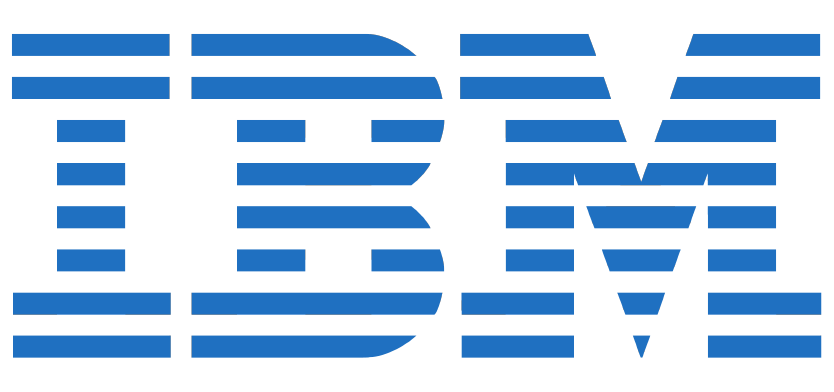










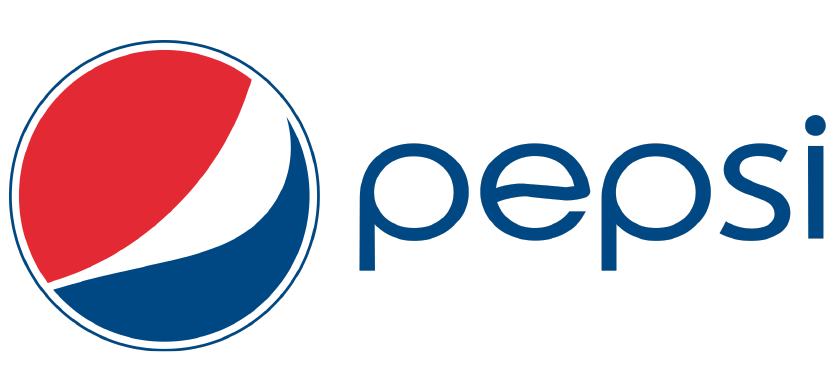


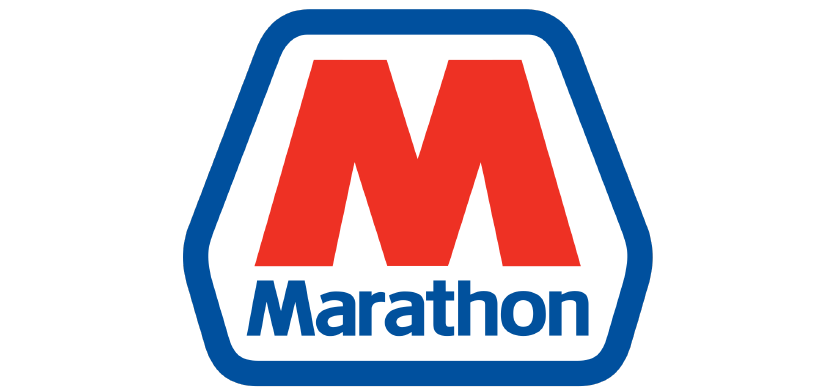

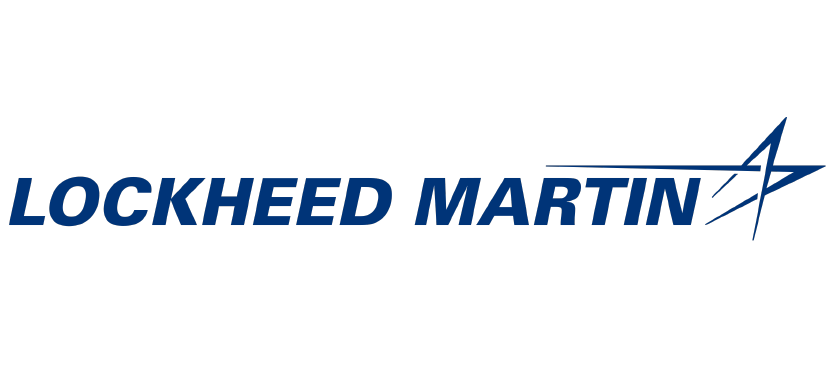




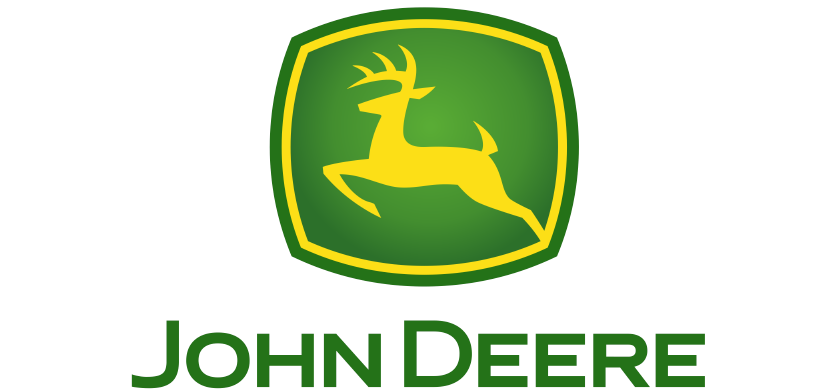





















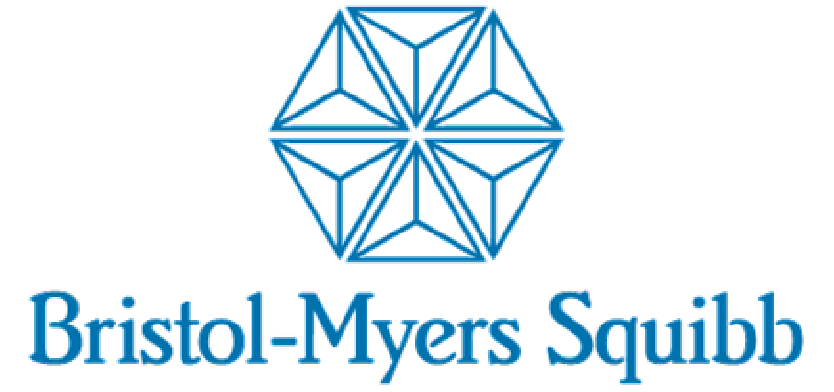


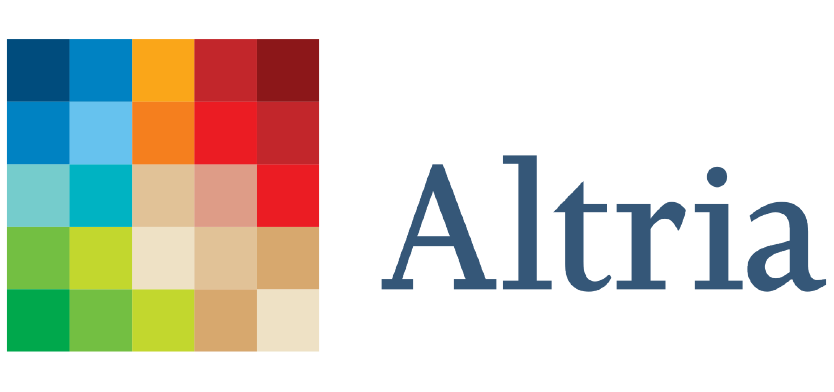


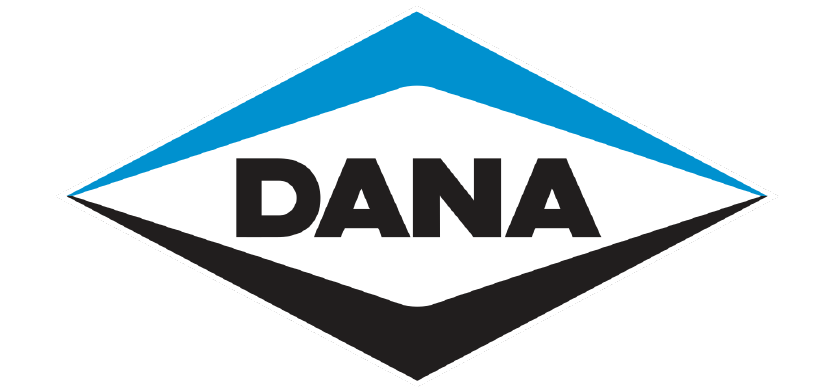
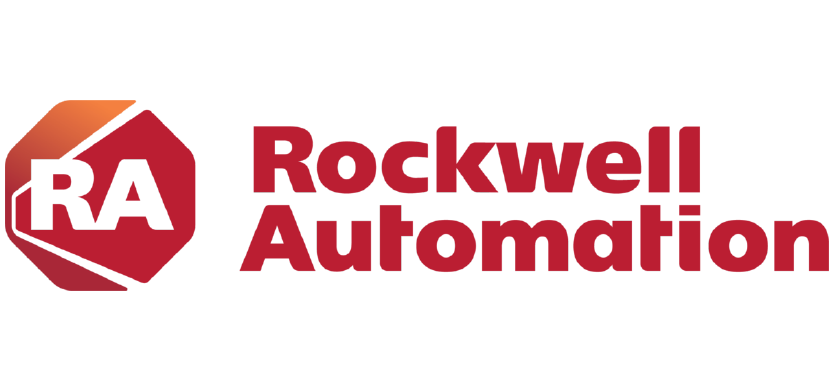

Batch Professional Profiles
Data Analyst
Statistician
Machine Learning Engineer
Deep Learning Engineer
Data Scientist
Python Developer
Program Advisors
IITs
IIMs
NITs
Experts from the IT Industries.
Admission Details
The application process consists of three simple steps. An offer of admission will be made to selected candidates based on the feedback from the interview panel. The selected candidates will be notified over email and phone, and they can block their seats through the payment of the admission fee.


Course Fees & Financing
(Inclusive Of All Taxes)
Payment Partners
We partnered with financing companies to provide competitive finance option at 0% interest rate with no hidden costs






Upcoming Batches/Program Cohorts
| Batch | Date | Time (IST) | Batch Type |
|---|---|---|---|
| Online Live Instructor Led Session | 7th Sept 2025 | 9 PM to 12 AM | Batch 1 |
| Online Live Instructor Led Session | 14th Sept 2025 | 9 PM to 12 AM | Batch 2 |
Comparison with Others
This program offers a distinct advantage over other programs by providing a comprehensive curriculum that seamlessly integrates Python programming, statistics, machine learning, and deep learning. Unlike programs focusing solely on theoretical concepts, we prioritize hands-on experience through real-world projects, ensuring students develop practical skills essential for industry success. Our curriculum’s flexibility accommodates learners from diverse backgrounds, making advanced data science accessible to all. By incorporating deep learning, we equip graduates with cutting-edge capabilities, positioning them at the forefront of the rapidly evolving field of artificial intelligence.
Data Science with Python Training Faqs
A Masters in Data Science with Python course teaches advanced data analysis, machine learning, and visualization using Python, with practical experience on real-world projects.
Joining a Masters in Data Science with Python course boosts your skills in advanced data analysis and machine learning using Python, a key industry tool. It offers practical experience and prepares you for high-demand roles in data science and analytics.
Key features include advanced data analysis with Python, machine learning, data visualization, hands-on projects, real-world applications, and career-focused training.
Python Programming, Statistics Machine Learning & Deep Learning
Jupyter Notebook/Lab, Anaconda, NumPy, pandas, matplotlib, seaborn, scikit-learn, scipy, statsmodels, matplotlib, seaborn, Excel, scikit-learn, XGBoost, LightGBM, TensorFlow, Keras, matplotlib, seaborn, TensorFlow, Keras, PyTorch, matplotlib
A degree in Engineering, Mathematics, Science, or any equivalent field is ideal for pursuing a career in Artificial Intelligence and Data Science.
INR Fees (Exclusive of GST) INR 89,999.00
INR Fees (Inclusive of GST) INR 106,199.00
USD Fees USD 1099
A degree in Engineering, Mathematics, Science, or any equivalent field is ideal for pursuing a career in Artificial Intelligence and Data Science.
Entry-level: 7-12 lakhs per annum
Mid-level: 12-25 lakhs per annum
Senior-level: 25+ lakhs per annum
3-4 months
Our courses offer practical, industry-relevant content, expert instructors, flexible learning options, and strong career support.


